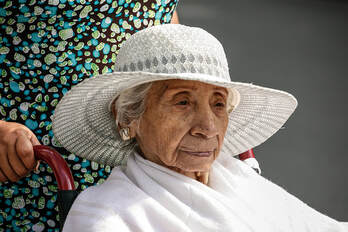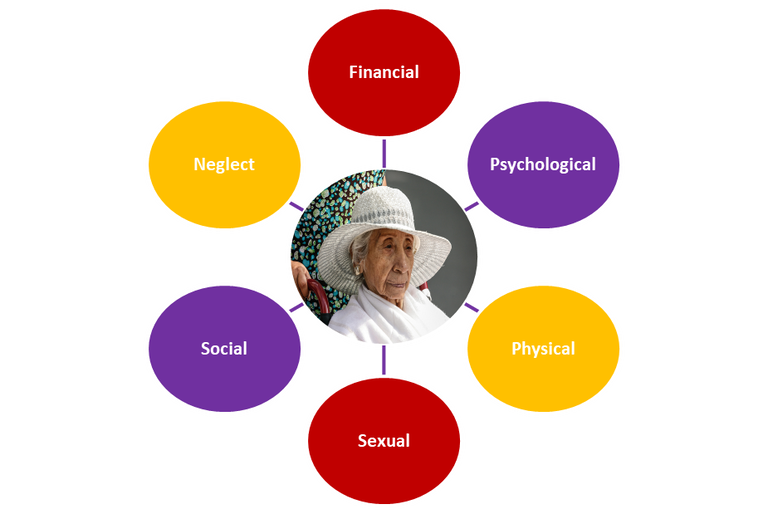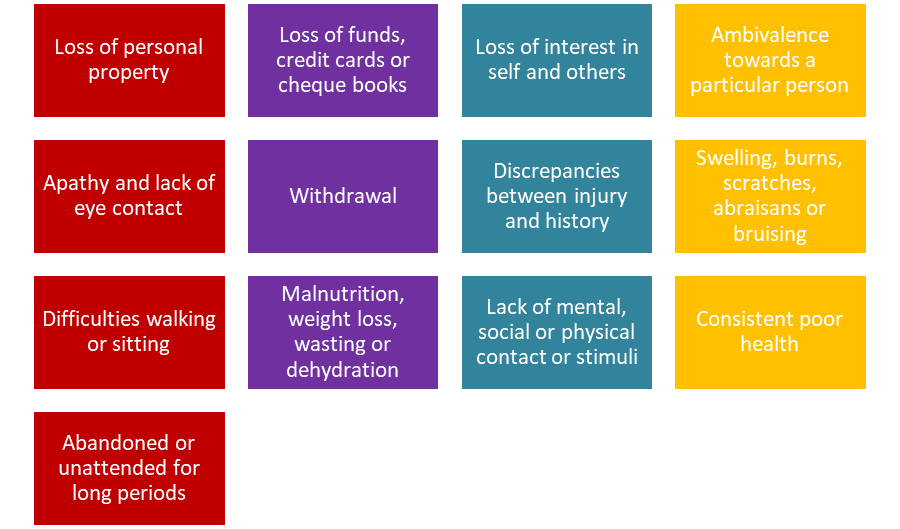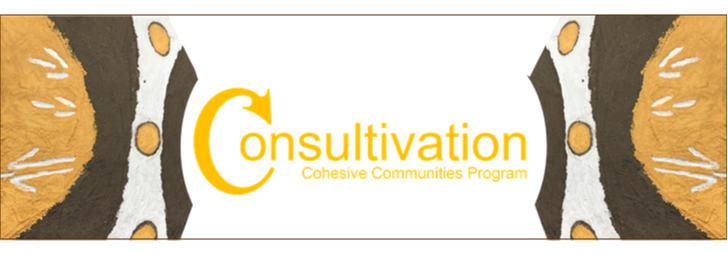|
Jacqui Tibbits, Director Consultivation Keys to stopping elder abuse Facts about elder abuse
Types of elder abuse There remains no one single definition of elder abuse in Australia. The WHO has adopted the definition that elder abuse is "a single or repeated act, or lack of appropriate action, occurring within any relationship where there is an expectation of trust, which causes harm or distress to an older person." Financial abuse - the illegal or improper use of an older person’s finance or property by another person with whom they have a relationship implying trust such as stopping access to their personal funds; forging signatures, misusing enduring power of attorney or not returning change after shopping for them. Psychological abuse - the infliction of mental anguish, often involving actions that cause fear of violence, isolation or deprivation, and feelings of shame, indignity or powerlessness such as verbal threats, degrading behaviours including name callings and threats of institutionalisation, that is “Do what I’ll say or I’ll put you in a home.” Physical abuse – causing physical pain or injury or physical coercion such as hitting, slapping, pushing, scratching or shaking an older person. It also includes the use physical restraints such as tying elders to a chair or putting them in a chair they cannot get out of. Sexual abuse - using force or taking advantage of another person by sexual or exploitive behaviour such as indecent assault, sexual harassment, inappropriate touching or making an older person feel uncomfortable about their body or gender. Social abuse - preventing an older person from having social contact with friends or family or access to social activities such as moving them away from their community; isolating them from others; and not allowing use of or monitoring the telephone. Neglect - the failure of a carer, whether intentional or not, to provide the necessities of life to another person for whom they are caring such as lack of food and drink, stimuli or (when relevant) supervision; poor hygiene, clothing and inappropriate use of medicine. Signs of elder abuse Changes in behaviour, mood or physical appearance may be the first indicators that an older person is being abused. Sometimes it may be no one factor and the elder may be reluctant to disclose so being aware and being willing to dig below the surface is important. What can I do? Every person has a role to play in addressing elder abuse. First and foremost it is important to value our elders and reflect on personally held beliefs and attitudes towards older people as ageism is an accepted part of society. Though caring is a rewarding role it can also cause additional stress and pressure for the carer. Check in with carers you know, see if they need help and if so connect them to relevant support networks. Finally, educate yourself, share your knowledge and ensure if you recognise the signs of or know about elder abuse that you record and report it while supporting and reassuring the elder being abused. World Elder Abuse Awareness Day 2020 The United Nations has designated 15 June as World Elder Abuse Awareness Day to focus global attention on the problems of abuse of elders. Use this day as a time of reflection and an opportunity to raise awareness and make positive changes to stop elder abuse. How can Consultivation help? We we work with communities, organisations and individuals to help people identify and address ageism, stigma and stereotypes including identifying and responding to signs of elder abuse. We believe that together we can create safe, inclusive and viable communities for all. Act to today. We believe by helping organisations and people flourish we contribute to safe, inclusive and viable communities. References: ABS, 2020, 3101.0 Australian Demographic Statistics, Canberra ACT Dow, B; Brijnath, B; 2019, Elder Abuse: Context, Concepts and Challenges, National Ageing Research Institute, Parkville VIC Kaspiew, R; Carson, R; Rhoades, H; 2016, Elder Abuse: Understanding issues, frameworks and responses, AIFS, Melbourne VIC Tibbits, J , 2019, Elder Abuse: To Think It Doesn’t Happen is Ludicrous, Perth WA UN, 2020, World Elder Abuse Awareness Day, New York, USA WHO, 2020, Ageing and Life-course: Elder Abuse, Geneva SWITZERLAND Image of woman wearing hat: Flickr
0 Comments
Your comment will be posted after it is approved.
Leave a Reply. |
Jacqui TibbitsJacqui is a positive change management specialist with a penchant for public speaking. Susan JohnsonSusan has expertise in cognitive behaviour therapy, narrative therapy & mindfulness. Guest bloggersGuest bloggers are invited to contribute to the Consultivation blog. If you have an idea, concept or perspective you would like to share please contact Jacqui at Consultivation.
"Consultivation delivers topics skilfully and clearly."
Workshop participant "I have a better understanding of what impacts the aged care changes are going to have on our clients and business." Michelle
"Consultivation delivers topics skillfully and clearly. The knowledge gained will give me guidance in doing my job and keeping up the goodwork." Mario
"Thanks to Consultivation I understand that changes are on-going in the organisation and sector to keep clients in their homes longer."
Nancy "Due to today's training I will be more open minded with staff and pull together and ask for help to improve when needed."
Carol Archives
June 2020
Categories
All
|






 RSS Feed
RSS Feed
